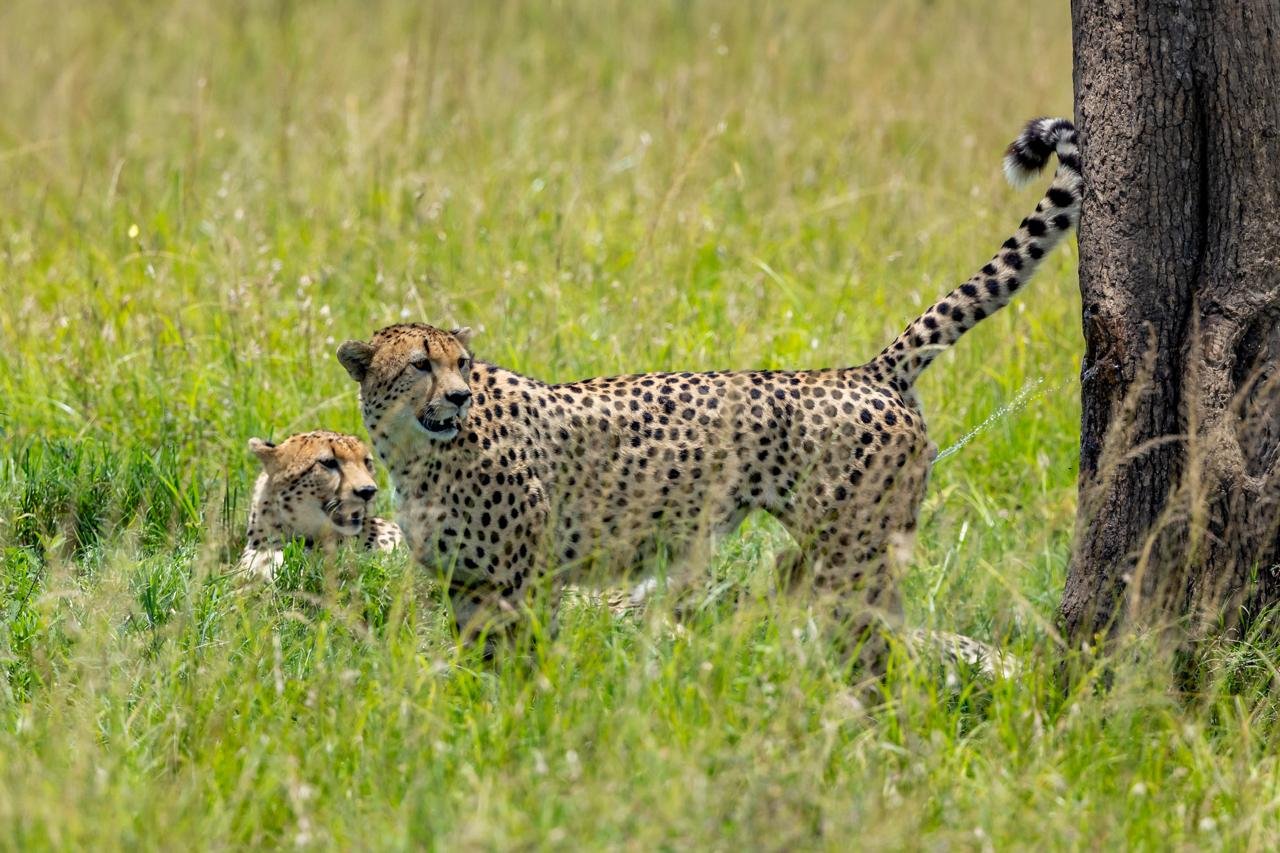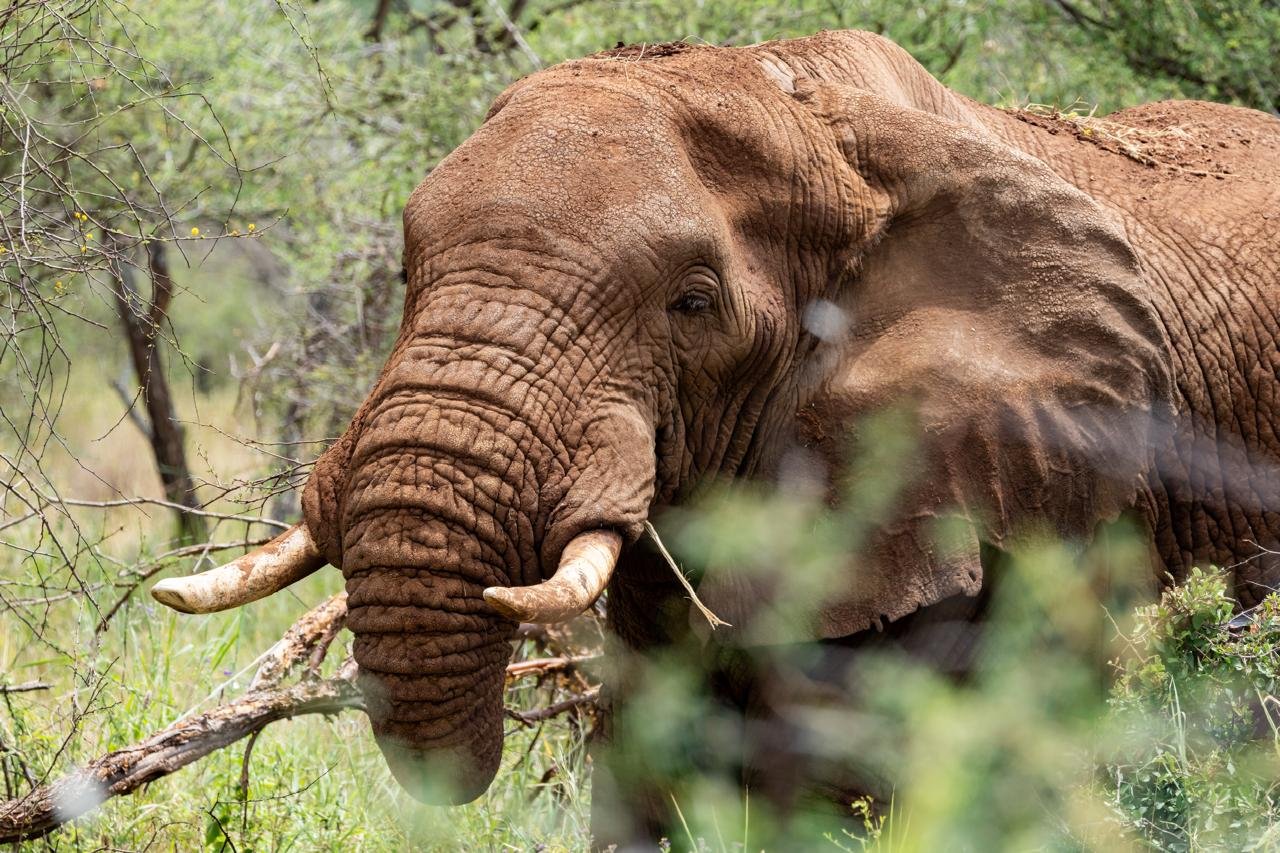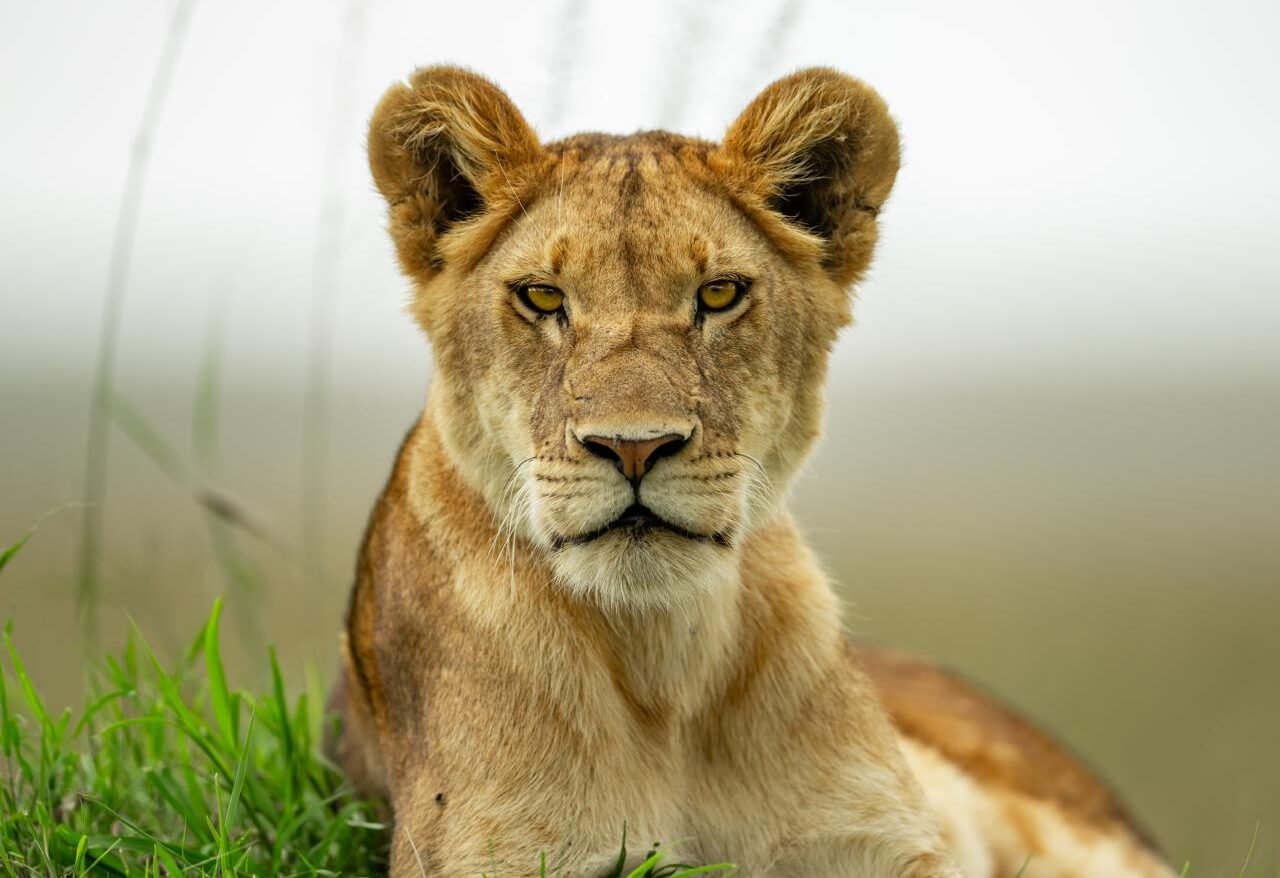In recent years, the concept of sustainable safari travel in Kenya has gained considerable momentum.
As travelers become more conscious of their environmental footprint, the desire to experience the majestic landscapes and diverse wildlife of Kenya in a way that supports conservation efforts and local communities becomes paramount.
This guide will take you through the essential steps to ensure your safari adventure is not only unforgettable but also eco-friendly.
From understanding sustainable practices to choosing the right accommodations and supporting local initiatives, we’ll explore how you can fully enjoy your experience while going green.
Key Takeaways
- Sustainable safari practices can significantly reduce environmental impact while enjoying Kenya’s wildlife.
- Choosing eco-friendly accommodations is essential for promoting sustainable tourism in Kenya.
- Minimizing your carbon footprint during safari travels includes using public transportation and reducing waste.
- Supporting local communities through your travel choices fosters economic growth and environmental conservation.
- Responsible wildlife interactions ensure the protection of animals and their habitats in Kenya’s rich ecosystems.
Understanding Sustainable Safari Practices
Sustainable safari travel in Kenya is more than just a trend; it’s a vital response to the growing concerns over wildlife conservation and environmental preservation.
By adopting sustainable safari practices, travelers not only minimize their carbon footprint but also contribute positively to the local ecosystems and communities.
To go green while enjoying the breathtaking landscapes and diverse wildlife of Kenya, tourists can choose eco-friendly lodges that utilize solar energy, employ local staff, and support conservation initiatives.
Engaging in responsible activities, such as guided walking safaris that respect the wildlife’s natural habitats and avoid disruptive behaviors, further enhances the understanding of the delicate ecosystem.
Additionally, opting for wildlife tours that prioritize ethical interactions with animals—such as observing them in their natural habitat rather than participating in exploitative entertainment—empowers both travelers and local communities.
In 2023, sustainable safari travel in Kenya is about merging adventure with responsibility, ensuring that future generations can experience the magic of Africa’s wilderness.
Choosing Eco-Friendly Accommodations
Choosing eco-friendly accommodations is a vital aspect of practicing sustainable safari travel in Kenya – how to go green while experiencing the breathtaking beauty of the African wilderness.
When planning your safari, it’s essential to seek out lodges and camps that prioritize environmental sustainability.
Look for establishments that utilize solar energy, implement water conservation practices, and support local communities through employment and sourcing of materials.
Many eco-lodges in Kenya offer comfortable amenities while minimizing their ecological footprint.
These accommodations often blend seamlessly with their natural surroundings, providing a unique opportunity to connect with nature while ensuring that your travel is beneficial rather than harmful.
Supporting eco-friendly accommodations not only enhances your safari experience but also contributes to the preservation of Kenya’s stunning landscapes and wildlife for generations to come.
‘The greatest threat to our planet is the belief that someone else will save it.’ — Robert Swan

Minimizing Your Carbon Footprint
Sustainable safari travel in Kenya is becoming increasingly popular among eco-conscious travelers who wish to experience the country’s breathtaking landscapes while minimizing their carbon footprint.
To engage in this eco-friendly adventure, consider choosing lodges and tour operators that are committed to sustainability, utilizing renewable energy sources, and implementing waste management practices.
Travel during the off-peak season to reduce overcrowding and support local economies, and opt for small-group tours that promote conservation and provide a more intimate wildlife viewing experience.
Additionally, being mindful of your carbon emissions while flying—by purchasing carbon offsets or reducing flight frequency—can further your commitment to sustainable safari travel in Kenya.
By making informed choices, you can enjoy the natural beauty and rich wildlife of Kenya while leaving a positive impact on the environment.
Supporting Local Communities and Conservation Efforts
When embarking on a journey to explore the incredible landscapes and wildlife of Kenya, consider engaging in sustainable safari travel in Kenya – how to go green has become a vital conversation in the realm of tourism.
By choosing eco-friendly lodges and tour operators that prioritize conservation efforts, travelers can play an essential role in supporting local communities while preserving the country’s rich biodiversity.
Many eco-lodges offer community-based projects that encourage cultural exchange and provide opportunities for local artisans and guides.
Additionally, participating in sustainable safari travel often means your chosen activities respect the natural habitats of the wildlife, ensuring that the majestic elephants, lions, and rhinos can thrive in their environments.
This mindful approach to travel not only enhances your experience but also contributes significantly to the preservation of Kenya’s natural beauty and supports the livelihoods of families who depend on ecotourism for their income.
Embracing these principles ensures that your adventure leaves a positive footprint, allowing future generations to enjoy the same breathtaking sights.

Tips for Responsible Wildlife Interactions
Sustainable safari travel in Kenya is not just about witnessing the breathtaking wildlife; it’s also about ensuring that our interactions with nature are responsible and conservation-minded.
To enjoy a green safari experience, travelers should adhere to several key tips that promote ecological balance.
Firstly, choose eco-friendly lodges that prioritize sustainability, using renewable energy sources and minimizing waste.
Secondly, engage with reputable tour operators who practice ethical wildlife viewing methods, such as maintaining a safe distance from animals and avoiding off-road driving in conservation areas.
Thirdly, invest in guided walking safaris led by knowledgeable local guides—this educates visitors on the delicate ecosystems while promoting conservation awareness.
Lastly, consider participating in community-based projects that support local conservation efforts and provide benefits to indigenous communities.
By committing to these practices, visitors can enjoy the majestic sights of Kenya’s wildlife while contributing to the country’s preservation efforts, ultimately ensuring that future generations can experience the beauty of sustainable safari travel in Kenya.
Frequently Asked Questions
What are sustainable safari practices in Kenya?
Sustainable safari practices in Kenya include minimizing the environmental impact of tourism, protecting wildlife habitats, and promoting conservation efforts.
This involves following responsible wildlife viewing guidelines, reducing waste, and ensuring that safaris contribute to the preservation of natural resources.
How can I choose eco-friendly accommodations for my safari?
To choose eco-friendly accommodations, look for lodges and camps that are certified by recognized sustainable tourism programs.
Check for practices like solar power usage, water conservation initiatives, and community involvement.
Reading reviews and researching the lodge’s commitment to sustainability can also guide your selection.
What steps can I take to minimize my carbon footprint while on safari?
You can minimize your carbon footprint by opting for direct flights to Kenya, using local transportation rather than rental cars, and choosing eco-friendly lodgings.
Additionally, consider offsetting your carbon emissions by investing in conservation projects or carbon-offset programs.
How can I support local communities during my safari?
Supporting local communities can be done by purchasing handmade crafts, dining at locally owned restaurants, and engaging in community-led tours or projects.
This helps ensure that tourism revenue benefits the local economy and incentivizes conservation efforts.
What are some tips for responsible wildlife interactions while on safari?
To engage in responsible wildlife interactions, adhere to guidelines set by your guides, maintain a safe distance from animals, avoid feeding wildlife, and refrain from disturbing their natural behaviors.
Always prioritize the well-being of the animals and the environment.
Kikuyu Arcade, Kiambu, Kenya 00902
+254 720 637 298
+254 726 906 136
[color=rgb(206, 200, 137)][highlight=transparent]info@africancrestedratsafaris.com[/highlight][/color]





